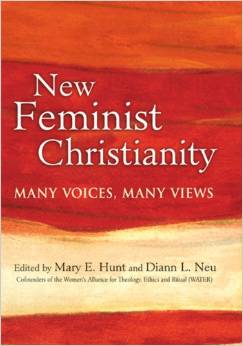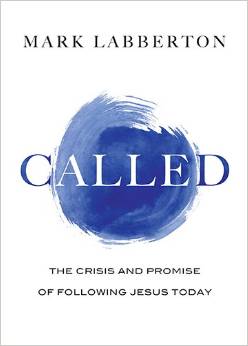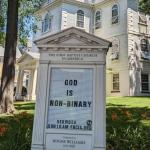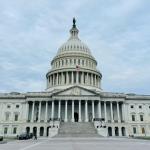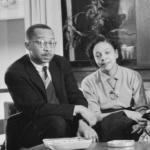I’m in heavy prep mode for the first year of the Doctor of Ministry cohort that I am leading for Fuller Seminary. The cohort begins in one month, and I’m thrilled to report that a full contingent of students have been admitted.
The cohort is focusing on Christian spirituality, which is, of course, a very broad subject. I’m reading several books to prep right now, among them the beautiful tome, The Story of Christian Spirituality, which traces the way that followers of Jesus have practiced their spirituality through the centuries.
One thing that’s intriguing to note, and easy to lose sight of two millennia later, is that in the very earliest church, practice begat doctrine. That is, the early church didn’t convene theological conferences to debate the nature of the godhead and then spin out a practice of prayer.
Instead, it’s clear in the earliest Christian documents that the people prayed, and out of their experience of God’s nearness did they develop doctrinal beliefs regarding who God is and how God acts. That all changed, of course, by the dawn of the fourth century: as the Christian religion was afforded more freedom, church leaders rose up to fight heresies. Thereafter, the formation of doctrine seems to have had as much impact on the evolution of Christian practice as it had happened conversely in the earliest years.
These days, it seems that most of our fights are about doctrine, with not so much thought about Christian practice. But in re-reading the earliest Christian documents (the Didache, the letters of Clement of Rome, the Shepherd of Hermas), they were concerned not about the right beliefs of Christians, but the purity of the church — a purity that was only achieved by the practices of prayer, fasting, and other lifestyle commitments.







